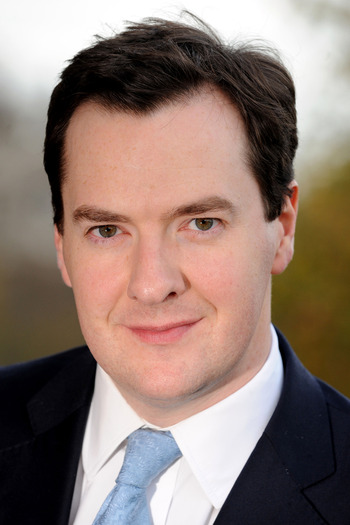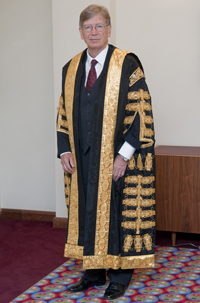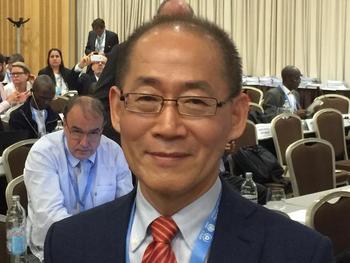 Bishop Hill
Bishop Hill Zac paying greens to sue city bigwigs
 Oct 8, 2015
Oct 8, 2015  Climate: Parliament
Climate: Parliament  Greens
Greens  A group called Client Earth is threatening to sue big UK businesses for not doing as greens tell them on the climate change front.
A group called Client Earth is threatening to sue big UK businesses for not doing as greens tell them on the climate change front.
The Companies Act 2006 codifies directors’ duties in law for the first time. They must “promote the success of the company”, first by considering “the likely consequences of any decision in the long term”. Failing to plan for climate change is incompatible with this and other duties and leaves directors open to legal challenge.
The case for climate litigation against reckless directors grows ever stronger. Increased regulation, changing market dynamics and heightened risk to physical assets means maintaining the status quo is no longer an option for those keen to protect their finances and reputation.
We at ClientEarth are closely monitoring the activities of FTSE 250 companies. We will pursue those directors who fail to protect their investors from the challenge that climate change presents. Those intent on following a business-as-usual model, be warned: the “usual” has changed.
Even Guardian readers seem unimpressed.
So who is behind Client Earth? A list of their funders is quite interesting, including the City of London Corporation Charity and...wait for it...the personal charity of Zac and Ben Goldsmith. Yes that's right folks, the aspirant mayor of London is paying greens to sue the companies that bring the wealth to the city.
It's an interesting tactic.














